[The 27th Tono Machiya Hinamatsuri] A comprehensive guide to enjoying the festival to the fullest!
![[The 27th Tono Machiya Hinamatsuri] A comprehensive guide to enjoying the festival to the fullest!](https://resources.matcha-jp.com/resize/720x2000/2024/02/27-169048.webp)
"Let me see the Hina dolls, Ogurensei." Let's take a look at the Hina dolls that have been passed down for generations in the castle town of Tono.
The history of "Doll Festival"
![[The 27th Tono Machiya Hinamatsuri] A comprehensive guide to enjoying the festival to the fullest!](https://resources.matcha-jp.com/resize/720x2000/2024/02/23-168528.webp)
Before introducing the Tono Machiya Doll Festival, let's first take a look at what the Japanese Doll Festival is.
Japan's "Girl's Festival" is a festival held every year on March 3rd, the "Girl's Festival," and is a joyous annual event to celebrate the birth of girls and pray for their healthy growth. This traditional festival has its origins in customs that were introduced to Japan from ancient China.
![[The 27th Tono Machiya Hinamatsuri] A comprehensive guide to enjoying the festival to the fullest!](https://resources.matcha-jp.com/resize/720x2000/2024/02/23-168526.webp)
In ancient China, days when the same odd number was on both the month and the day were considered taboo, and various ceremonies were held on those days to ward off evil spirits. Influenced by this, in Japan, March 3rd was not only a time for warding off evil spirits, but also became associated with children playing with dolls. During the Edo period, this was established as "Girl's Day," and has continued to this day.
During the Heian period, the children of the nobility played house in a game called "hina asobi." This game was combined with "nagashi-bina," a ritual in which paper dolls were floated down the river to ward off evil spirits, and this is said to be the origin of the modern-day Hinamatsuri.
![[The 27th Tono Machiya Hinamatsuri] A comprehensive guide to enjoying the festival to the fullest!](https://resources.matcha-jp.com/resize/720x2000/2024/02/23-168537.webp)
The Hinamatsuri is a custom that originated in China, where in ancient China people would purify their bodies with water on the first snake day of March to ward off evil spirits, a festival called "Joshi no Sekku." This custom was introduced to Japan, where it was combined with the unique Japanese dolls (hitogata), and the prototype of the Hinamatsuri was born.
During the Edo period, Hina dolls gradually became more luxurious. However, they became too extravagant and were subject to regulation at one point. By the middle of the Edo period, they had become popular among the general public, and various styles of Hina dolls were created. After the end of the Edo period, they began to be displayed in tiers as we know them today.
The history of Tono's Hinamatsuri
![[The 27th Tono Machiya Hinamatsuri] A comprehensive guide to enjoying the festival to the fullest!](https://resources.matcha-jp.com/resize/720x2000/2024/02/23-168529.webp)
Tono is an ancient castle town that was ruled for approximately 240 years by the Tono Nanbu clan, a branch of the Nanbu clan of Morioka Domain during the Edo period. As a key commercial hub, markets selling local specialties and crafts are held regularly, and Hina dolls were one of the important traded items. As a result, Tono is home to many precious Hina dolls that have been passed down since the Edo period, such as "Kyoho Hina" and "Kokin Hina" dolls. Tono also has a thriving seasonal festivals and events, and these traditional events have enriched the culture of the castle town. The "Tono Machiya Hinamatsuri" is an important event that conveys the local culture to the present day.
![[The 27th Tono Machiya Hinamatsuri] A comprehensive guide to enjoying the festival to the fullest!](https://resources.matcha-jp.com/resize/720x2000/2024/02/23-168541.webp)
At Tono's Hinamatsuri, it is traditional to display Hina dolls along with May dolls, various dolls, and artworks such as folding screens and nishiki-e prints. This custom is enjoyed before May, when people are busy with farming and other activities, and also serves to ward off bad luck and other negative influences, such as illness, during a time when people are more likely to fall ill due to the change in seasons.
![[The 27th Tono Machiya Hinamatsuri] A comprehensive guide to enjoying the festival to the fullest!](https://resources.matcha-jp.com/resize/720x2000/2024/02/23-168531.webp)
One record of this event is found in the Kamihei Shinpo newspaper, which reported on events in the Tono region. Published on April 5, 1913 (Taisho 2), which corresponds to March 1 on the lunar calendar, this article describes the Hina Market and Hinamatsuri festival that were held.
![[The 27th Tono Machiya Hinamatsuri] A comprehensive guide to enjoying the festival to the fullest!](https://resources.matcha-jp.com/resize/720x2000/2024/02/23-168540.webp)
Hina markets have been held in Tono since the end of the Edo period, and became popular during the Meiji and Taisho periods. Dolls from Kyoto, local "Tsukemaushi dolls," and nearby "Hanamaki dolls" were sold at the markets, with Kyoto dolls being particularly popular and valued as antiques more than new ones. Hina markets were often held on the 1st or 6th of the solar calendar, but the market was especially popular on the day closest to the 1st of the lunar calendar.
![[The 27th Tono Machiya Hinamatsuri] A comprehensive guide to enjoying the festival to the fullest!](https://resources.matcha-jp.com/resize/720x2000/2024/02/23-168534.webp)
The Kamihei Shimpo reports that the Hina dolls began to be displayed on the first day, with a stage set up in the back of the house and nishiki-e prints hung on the walls, making it seem like a small art exhibition. On the second day, Hina sweets were made, and on the third day, children dressed up in dolls went around the neighborhood asking, "Show us your Hina dolls, Ogurensei," and each home served sweets and food.
![[The 27th Tono Machiya Hinamatsuri] A comprehensive guide to enjoying the festival to the fullest!](https://resources.matcha-jp.com/resize/720x2000/2024/02/23-168536.webp)
The fact that this "Hina-mi" custom is mentioned as if it were a normal thing in newspapers from over 100 years ago suggests that it has continued since the Meiji period. Additionally, the Tono Monogatari Shuui, while not referring to the "Hinamatsuri" itself, mentions a related event called "Kamakoyaki" and the food eaten at the time. This year's "Tono Machiya Hinamatsuri" is an event that revives these traditions.
Enjoy the easy "Hinamatsuri One Coin Tono Tour"
![[The 27th Tono Machiya Hinamatsuri] A comprehensive guide to enjoying the festival to the fullest!](https://resources.matcha-jp.com/resize/720x2000/2026/01/26-256713.webp)
During the "Tono Machiya Hinamatsuri" festival, Tono Hometown Tourist Guides, who are full of love for their hometown, will help you create fun memories on your trip. Tourist guides wearing red jackets will be there, so please feel free to talk to them.
We will also be holding a "One Coin Tour" that costs just 500 yen and does not require a reservation. Departure times are twice a day at 10:30 and 13:30. The course will vary depending on the guide and the wishes of the guest, but it will depart from Tono Station, visit several Hinamatsuri houses, and return to Tono Station. Once all participants have gathered, the town walk will begin. Anyone can participate as long as they register at Tabinokura Tono (Tono City Tourism Association) before departure time. Registration is accepted up until the last minute, so please feel free to join us.
[Period] February 21st (Sat), 22nd (Sun), 23rd (Mon, national holiday), 28th (Sat), March 1st (Sun), 2026
[Departure time] 10:30~ / 13:30~
[Time required] Approximately 1.5 hours [Departure point] Tabinokura Tono (Tono City Tourism Association, in front of Tono Station)
[Fee] 500 yen (1 person or more)
[Capacity] First 10 people per session
Concurrent Events
There will be many events taking place simultaneously during the period.
Winter Special Exhibition "Tono Hina Dolls" (Tono City Museum)
Tono City Museum exhibits Tono Hina dolls from its collection, which date back to the Edo period, Meiji, and Taisho periods. It also provides an easy-to-understand introduction to the history of Tono's Hinamatsuri festival.
Gallery Talk by a curator from Tono City Museum ⇒Dates: February 20th (Mon.) and 27th (Mon.) 13:30-14:00
[Period] February 6th (Friday) to March 8th (Sunday), 2020
[Opening hours] 9:00 AM - 5:00 PM (entry accepted until 4:30 PM)
[Admission fee] 310 yen for adults, 160 yen for high school students and younger [Venue] Tono City Museum (3-9 Higashidatecho, Tono City, Iwate Prefecture, 028-0515)
[Inquiries] TEL: 0198-62-2340, FAX: 0198-62-5758
The 42nd Tono Folktale Festival
![[The 27th Tono Machiya Hinamatsuri] A comprehensive guide to enjoying the festival to the fullest!](https://resources.matcha-jp.com/resize/720x2000/2026/01/26-256711.webp)
A charming old tale that begins with "Once upon a time..."
Please take your time to listen to the storyteller's live folk tales.
[Dates] Saturday, February 21st to Sunday, February 22nd, 2024
Venue: Aeria Tono Junior High Hall Time: 10:30-15:30
[Admission fee] 500 yen each day (free for high school students and younger) *Discount tickets that allow combined admission to Tono City Museum and Tono Story Museum will be sold at the venue on the day.
The 51st Tono Citizens' Stage: Tono Tale Fantasy "Another Tale: The Old Woman Who Saw Paradise"
![[The 27th Tono Machiya Hinamatsuri] A comprehensive guide to enjoying the festival to the fullest!](https://resources.matcha-jp.com/resize/720x2000/2026/01/26-256712.webp)
The 51st Tono Citizens' Stage Play, Tono Monogatari Fantasy, will be held. This time, the performance will be "Another Tale: The Old Woman Who Saw Paradise."
[Performance dates]
① Saturday, February 24, 2026 18:00 start (doors open: 17:00)
②February 25, 2026 (Sunday) 13:00 start (doors open: 12:00)
[Location] Tono Civic Center Large Hall [Admission Fee] Adults: 1,300 yen (1,500 yen on the day), High school students and younger: Free (Admission ticket required) *Admission tickets will be distributed at the ticket office.
[Ticket Offices] Topia, Tono Kaze no Oka, Meganebashi Direct Sales Office, Tono Civic Center, Miyamori Hall, Tono City District Centers, Tono City Education and Culture Promotion Foundation
[Organizer] Tono Monogatari Fantasy Production Committee [Co-organizer] Tono City, Tono City Board of Education, Tono City Education and Culture Promotion Foundation [Inquiries] Tono City Education and Culture Promotion Foundation [Tel] 0198-62-6191
"Kyoho Hina Dolls and Clay Dolls from Tono and Hanamaki" (Kuranomichi Gallery)
![[The 27th Tono Machiya Hinamatsuri] A comprehensive guide to enjoying the festival to the fullest!](https://resources.matcha-jp.com/resize/720x2000/2024/02/23-168549.webp)
[Dates and Times] February 20th (Mon) - March 5th (Thu) 9:00-16:00
[Fee] Free [Location] 4-28 Chuodori, Tono City, Iwate Prefecture, 028-0523
[Telephone] 0198-62-2680
"Doll's Festival Tea Ceremony" Omotesenke Baba Tea Ceremony Class (Tono City Hall Main Building)
[Date and Time] Sunday, March 1st 10:00-15:00
[Price] 500 yen per seat [Location] 9-1 Chuo-dori, Tono City, 028-0592 [Telephone] 0198-62-5420 (Baba)
[We've reached capacity] "Children's Book Forest Tono Hinamatsuri" (Children's Book Forest Tono Ichinokura)
Enjoy reading stories from our children's staff and making Hina dolls with your children!
[Date and time] February 22, 2026 10:00-11:00
[Location] Children's Book Forest Tono Community Activity Room [Target] Preschool children and their parents [Capacity] First 20 people [Participation Fee] Free
To participate in the event, you must register in advance.
How to apply: Please apply by phone, email, or through the reservation form on our website.
Reservation form here
"Hinamatsuri in Kimono" Kimono Enjoyment Event
Meet in kimono on the first floor of Tono City Hall
[Meeting place] Tono City Hall Main Building [Meeting date and time] March 3rd (Tue) 13:00~
[Fee] Free [Venue] 9-1 Chuo-dori, Tono City, 028-0592 [Telephone] 090-5590-9095 (Abe)
We are a regional trading company responsible for promoting local products and revitalizing tourism in Tono City, Iwate Prefecture. Tono is home to numerous legends about kappa and zashiki warashi, and is also home to an abundance of agricultural and livestock products that take advantage of its location in a basin, with one of the largest production volumes of hops used in beer in Japan. I'm proud. By interweaving Tono's people, goods, history and culture, we aim to create value unique to the region, refine the Tono brand, and revitalize the region.
The contents on this page may partially contain automatic translation.




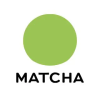

















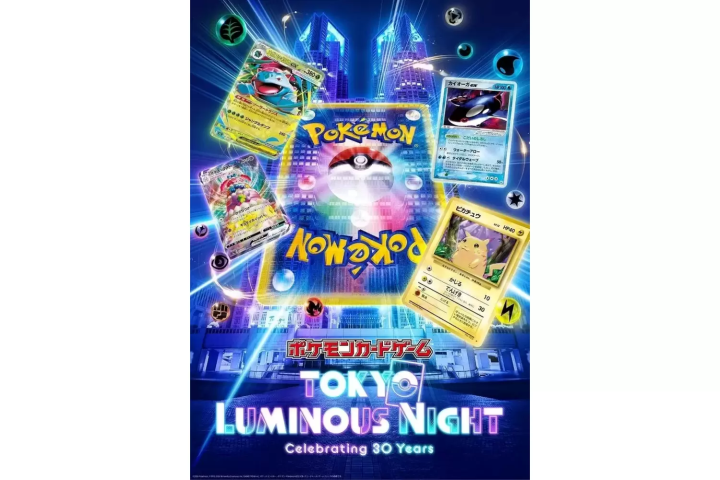









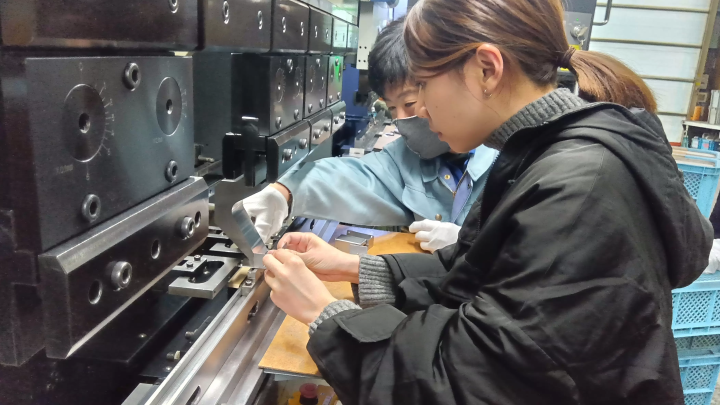
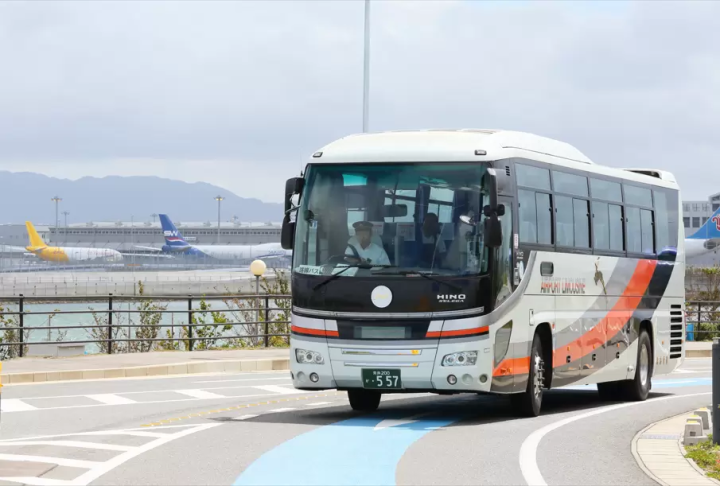
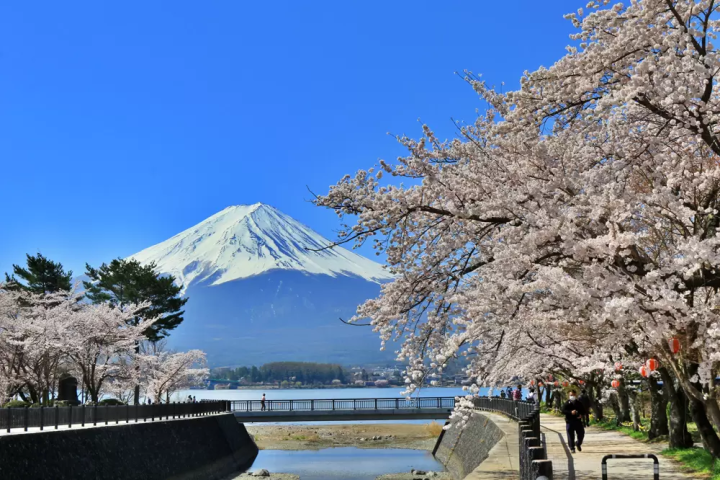
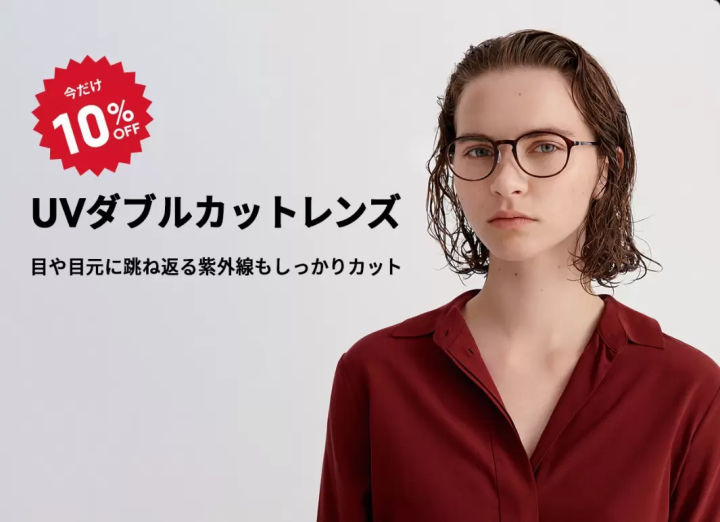
![[Coupon available] "On Cloud Monster 3" will be available for pre-sale at Alpen Tokyo from February 26th!](https://resources.matcha-jp.com/resize/720x2000/2026/02/25-259637.webp)